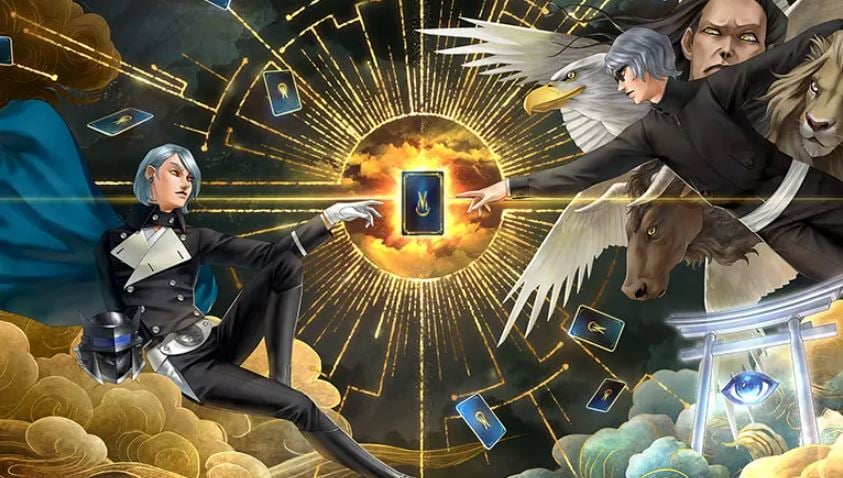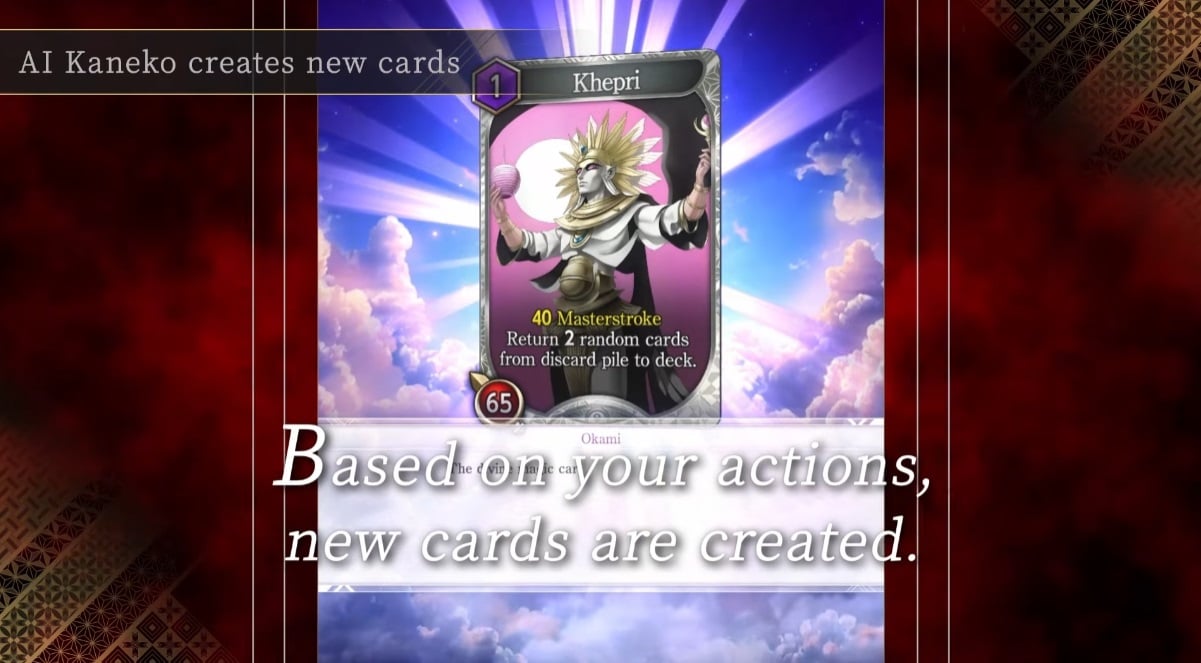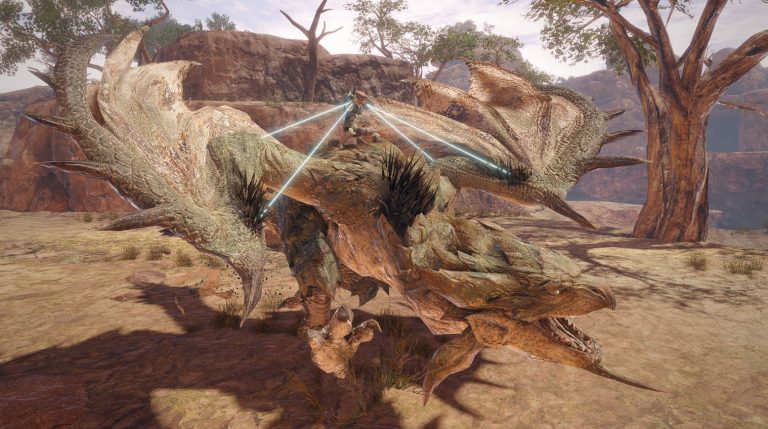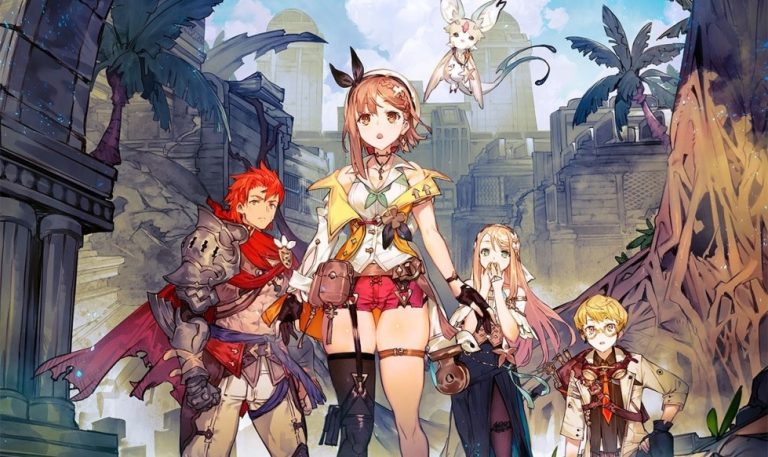Japanese mobile game developer Colopl announced on November 5 that it will carry out a workforce reduction affecting about 70 full-time employees. In what it calls a “Career Transition Support System,” Colopl is soliciting voluntary resignations from employees to meet its new downsizing target (as reported by GameBiz).
This comes amidst the company’s core game business recording an operating loss for the second consecutive fiscal year. Of note, Colopl is the developer of Square Enix’s Dragon Quest Walk, which has been performing strongly. However, revenue from its newly released titles like Tsukuyomi: The Divine Hunter (designed by Persona and Shin Megami Tensei artist Kazuma Kaneko) and Isekai ∞ Isekai has not been enough to make up for a general decline of the company’s portfolio.
Colopl comments that “the mobile game market environment has become increasingly challenging in recent years, with the creation of new hit titles growing more difficult each year.” Anticipating that these conditions are likely to continue, the developer has decided to implement several measures to ensure long-term sustainability, including revisions to its development pipeline and workforce restructuring.

By January 31, 2026, Colopl plans to let go of 70 full-time employes aged 26 or older (excluding managers and above). Employees who apply for the resignation program will receive special severance packages and be offered outplacement support. The company expects to spend approximately 210 million yen (around $1.36 million USD) on the restructuring efforts.
Given that Japan’s labor laws do not allow the kind of on-the-spot layoffs seen in the US game industry, Colopl has joined a growing list of Japanese game companies asking its employees to leave voluntarily. Prior examples include Final Fantasy Brave Exvius developer Gumi, Enish, and KLab. Interestingly, in the case of KLab, the company did not meet its target of 100 applicants, so it ended up only letting go off 47 people.





